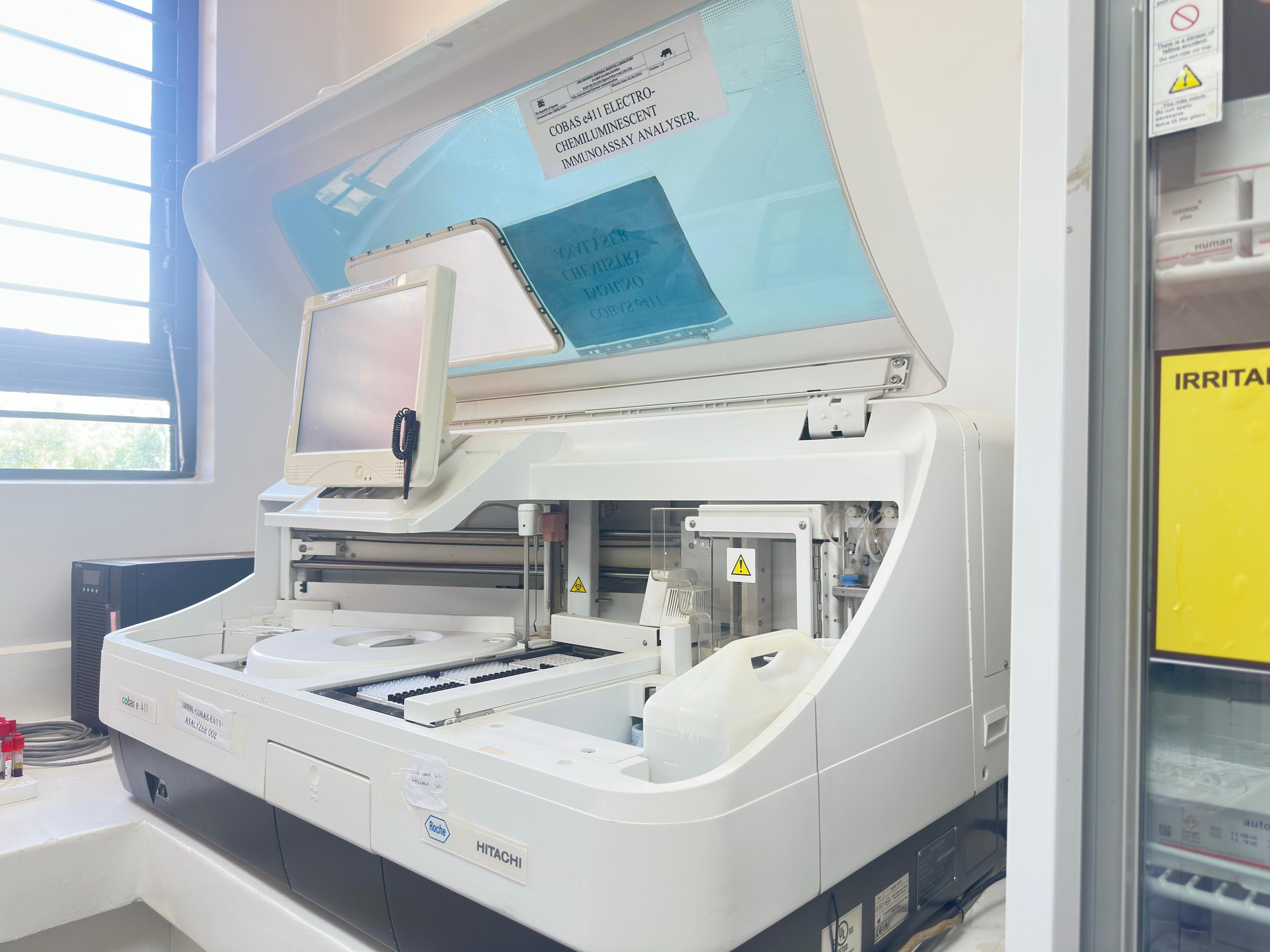
 Mama FM
Mama FM

 Mama FM
Mama FM
24 June 2025, 8:38 am
Byamukama Alozious
Civil society organizations (CSOs) in the health sector have expressed concerns over the recently approved national budget for the 2025/2026 financial year, citing funding gaps and inadequate allocations to critical health programs.
The budget, worth UGX 72.13 trillion, shows a slight increase in the health sector’s allocation to UGX 5.8 trillion, representing 8% of the overall budget. However, CSOs argue that this falls short of the 15% target committed to under the Abuja Declaration.
Henry Magala, a prominent civil society voice, said, “The FY2025/26 budget may show upward movement in numbers, but funding gaps exist to deliver effectively on the set health targets and desirable health outcomes for all Ugandans.”
The budget’s reliance on donor funding for key programs, such as HIV/AIDS, raises concerns about long-term sustainability. For instance, 86% of the HIV/AIDS budget will come from donors, while the government will only contribute 14%.
CSOs have also noted that community health is being underfunded, with a formal request for UGX 6 billion to train and deploy Village Health Teams and Community Health Extension Workers going unfunded. Additionally, key priorities like disease prevention programs, laboratory services, and health information systems remain unfunded.
Paul Muhangi from the civil society budget advocacy group said, “We also noted that community health is being underfunded. A formal request for UGX 6 billion to train and deploy Village Health Teams and Community Health Extension Workers went unfunded.”
The CSOs are calling on the government to identify new resources to prioritize health system gaps, fast-track the National Health Insurance Scheme, and address the national debt trap through debt swaps. They are also urging the government to mobilize local philanthropy and re-engage development banks to invest in health priorities.
“We urge the Ministry of Finance, Planning, and Economic Development and Parliament to identify new resources and prioritize health system gaps and ensure delivery of quality health services,” Muhangi added.
The CSOs believe that if these concerns are not addressed, the funding gaps could slow Uganda’s progress in delivering quality healthcare and protecting the gains made so far. As such, they are standing ready to work and partner with the government and all partners in ensuring that every Ugandan enjoys the right to health and a stronger, more resilient health system.